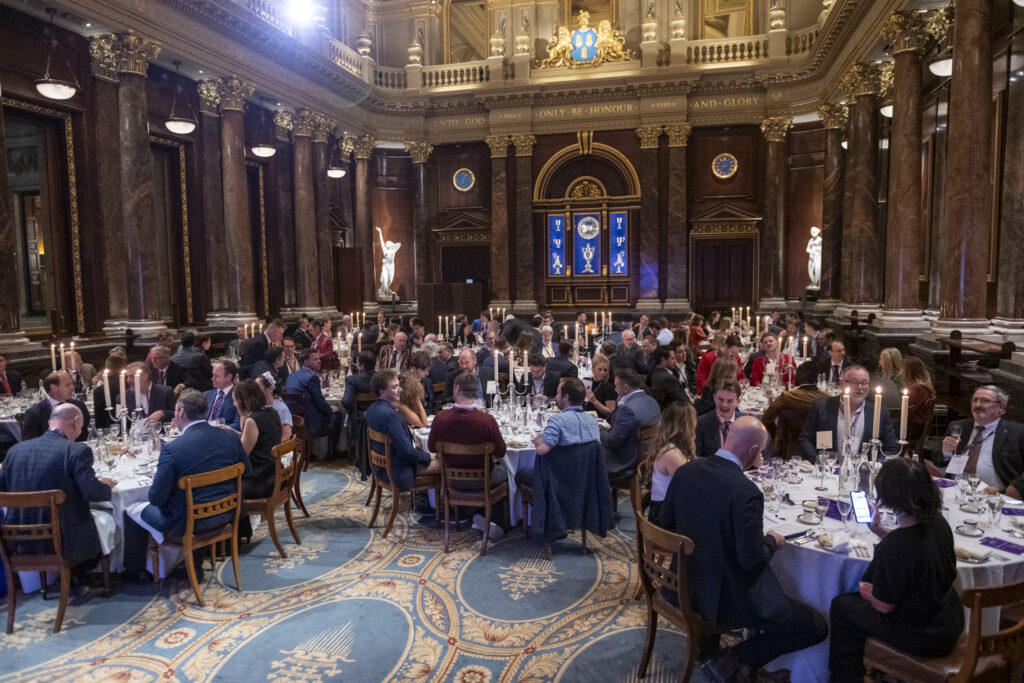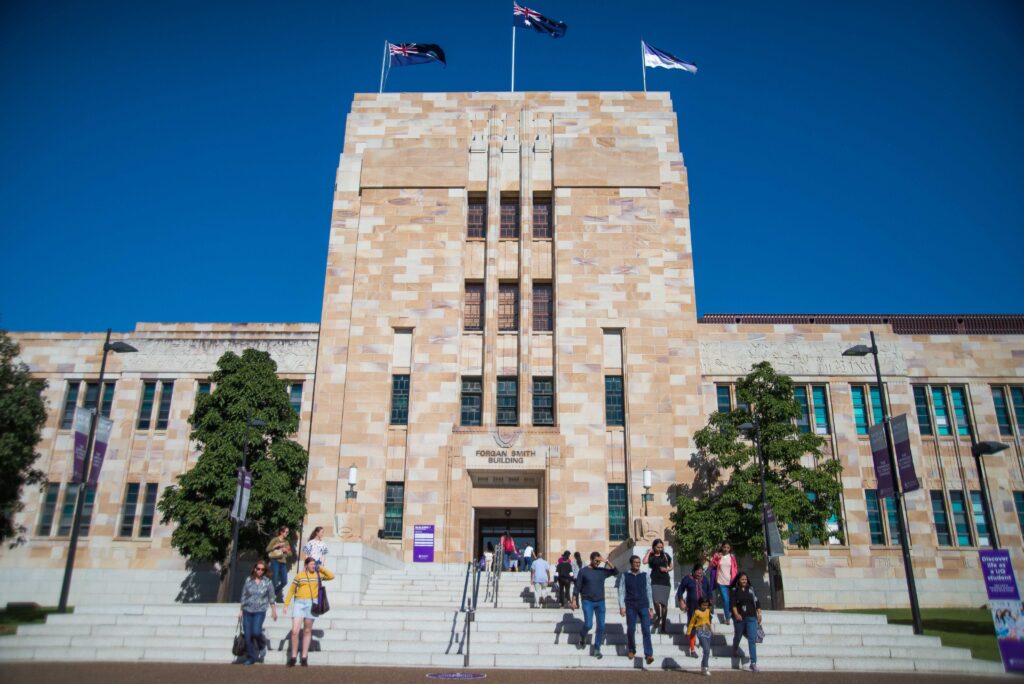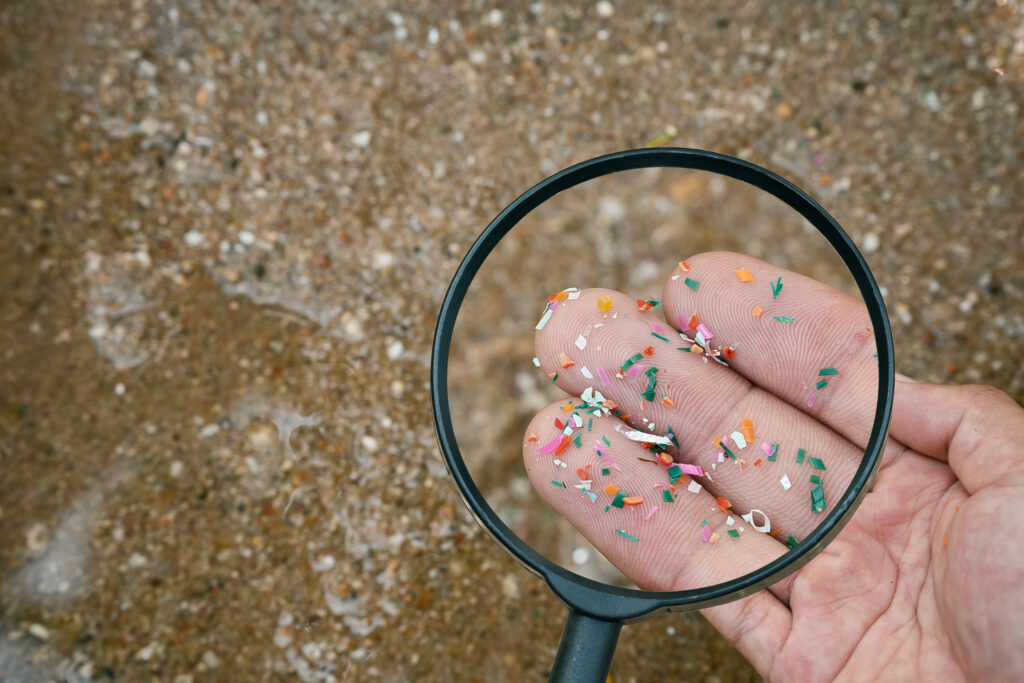Uncategorized
How resilient are you? 4-question test and proven strategies from a psychology expert
Welcome to our new Contact series, the self-checkout. In these stories, UQ experts will share the central questions we can ask to learn more about ourselves, along with research-backed strategies for personal growth. For our first instalment, we asked psychology expert Emeritus Professor Kenneth Pakenham from UQ’s School of Psychology to take us on a deep-dive into resilience. His research and…
Read MoreUQ scientists grow living skin in world-first
University of Queensland researchers have been the first in the world to successfully grow fully functioning human skin in a laboratory. Read the article in UQ News.
Read MoreUQ Rugby Benefit in New York
Mark your calendars for Thursday 6 November! UQ’s premier event of the year, the UQ Rugby Benefit is back in New York in 2025! The Benefit is a great opportunity to network with fellow Australians, UQ alum and New York-based professionals and executives around the theme and spirit of rugby. Experience a first-class evening starting…
Read More2024 donor impact report
Last year, 4,164 donors from 28 countries came together to raise $77.33 million for teaching, learning and research. Read the full report.
Read More9 myths about electric vehicles have taken hold. A new study shows how many people fall for them
More people believe misinformation about electric vehicles than disagree with it and even EV owners tend to believe the myths, new research shows. Read the full article on Contact.
Read MoreDishwashing a source of microplastic pollution
Washing household plastic containers in a dishwasher releases nanoplastic and microplastic pollution into wastewater, University of Queensland researchers have found. Read the full article on UQ News here.
Read More![TUQIA-col-rgb-315x70px[2] The University of Queensland in America](https://tuqia.org/wp-content/uploads/TUQIA-col-rgb-315x70px2.png)





